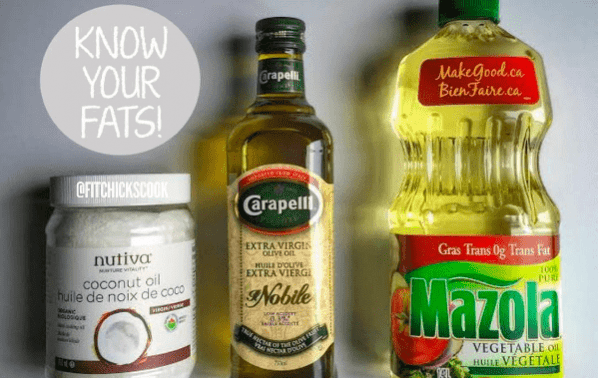
Studies have proven that people who eat home-cooked meals are far healthier than those who eat out. When eating out, we tend to eat more sugar, more carbohydrates and more fat than when we cook at home. Making the switch to home-cooked meals means you and your family can enjoy healthier food at a lower price.
Eating home-cooked food with loved ones not only benefits your health, but also strengthens family bonds. Kids who eat home-cooked food fare better with their grades, maintain better relationships and are more likely to refrain from smoking and drinking. Cooking healthy foods at home also safeguards the entire family's health from the adverse effects of processed and high-calorie foods.
Follow the following tips for making cooking easier and healthier:
1. Plan your week
Meal planning is best ways to eating well. Planning meals in advance helps you buy only the groceries you need for that week, (which saves you money) and makes cooking dinner easier - when you meal plan, you always have an answer to the question "what's for dinner tonight?" You can also add variety to your diet by cooking new meals each week. Planning a menu lets you choose healthier options and gives you time to create innovative recipes your family will love.
2. Watch the sodium
Sodium (most commonly available through salt) is essential for your health but too much can upset the body's balance and is a threat to your heart's health. An average adult's body needs no more than 1,500 mg of sodium in a day, but Americans typically consume over 3,400 mg daily.
Excess sodium increases blood pressure and helps our body retain excess fluids. This puts extra pressure on the heart, thereby increasing the risk of stroke, osteoporosis, kidney disease and stomach cancer according to the Harvard School of Public Health.
Adding more fruits to your diet can help cut down your sodium intake. How about making a fruit salad for breakfast instead of eating wheat toast? A single slice of wheat bread can contain up to 400 mg of sodium while an unpeeled apple contains just 2 mg.
3. Learn more about fats to get lean
Are all fats bad for your health? Not quite. Some fats are good for you and are essential for a healthy diet. When cooking for your family, it's important to learn about the different types of fats and how they impact our body. Stay away from saturated and trans fats, which are commonly found in fatty meats (like beef and pork), fried foods, margarine, butter and more.
Monounsaturated and polyunsaturated fats are good for our body when consumed in the right amount. You can find these healthy fats in foods like nuts, avocado, tofu and salmon, and in several oils such as peanut oil and olive oil. Eating these good fats can help reduce the risk of heart diseases and helps lower cholesterol levels, according to theMayo Clinic.
Experts say starting your morning with a handful of nuts goes a long way as far as your overall health is concerned. Think about having a small bowl of nuts out for your family to snack on instead of turning to chips and crackers.
4. Play with texture
Sometimes the textures we want aren't that healthy. Luckily, you can use some simple cooking hacks to help you prepare a healthier version of a favorite meal. For example, creamy salad dressing is usually made with mayonnaise - which is not the best choice when it comes to eating well. However, pureeing an avocado with fresh herbs (like cilantro) means you can still enjoy a creamy salad dressing without the unhealthy fats. There are lots of healthy substitutions you can make to keep your meals healthy and delicious.
With the help of the internet and cookbooks, you'll be able to find a plethora of healthy meals to cook for your family, without sacrificing taste. By cooking healthy meals at home and incorporating exercise into your lives, you and your family can eat right and stay fit together.

